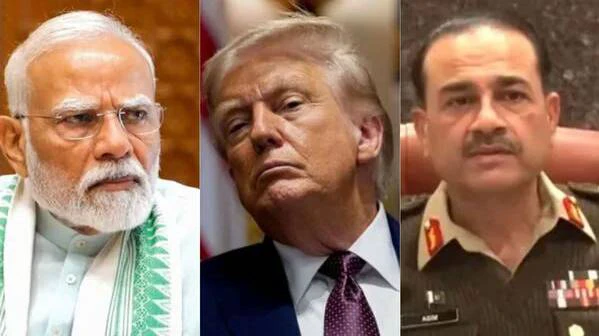US-based multinational investment bank and financial services firm ‘Jefferies’ claims
Washington (USA) – Following a 4-day military standoff between India and Pakistan in May under ‘Operation Sindoor,’ Donald Trump publicly claimed, “It was my intervention that stopped the war.” However, he did not receive the credit he had hoped for in helping to end tensions between the two nations.
India consistently rejected Trump’s assertions and, on every occasion, refused third-party intervention in its disputes with Pakistan. Despite significant economic costs, India maintained this stance. According to US-based firm Jefferies, this refusal angered Trump, prompting him to impose a 50% tariff on India. Jefferies, a multinational investment bank and financial services company, has published a report on the matter.
Key points from the Jefferies report:
- Disagreements with India reduced the global recognition President Trump needed to strengthen his candidacy for the Nobel Peace Prize.
- There were additional reasons for imposing tariffs on India, one of the main ones being the Russia-Ukraine war. During his presidential campaign, Trump had promised to end the conflict but has been unable to do so, leading to frustration. At the same time, India’s continued purchase of oil from Russia has caused discontent in the US.
- Nevertheless, the primary and fundamental reason for the 50% import tariff was India’s refusal to allow Trump to intervene in the Pakistan matter.
- This decision by Trump is cited as an example of a lack of strategic understanding. Such actions run counter to US national interests, as they could alienate India and push it closer to China.
